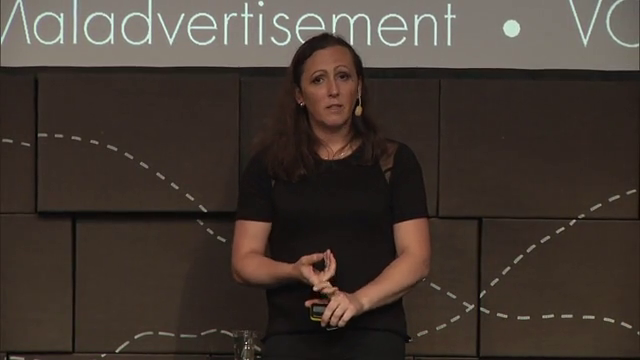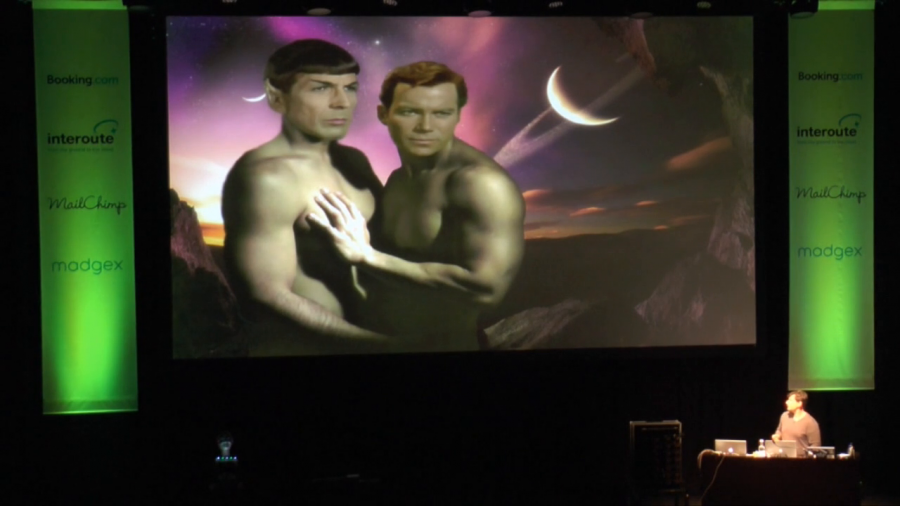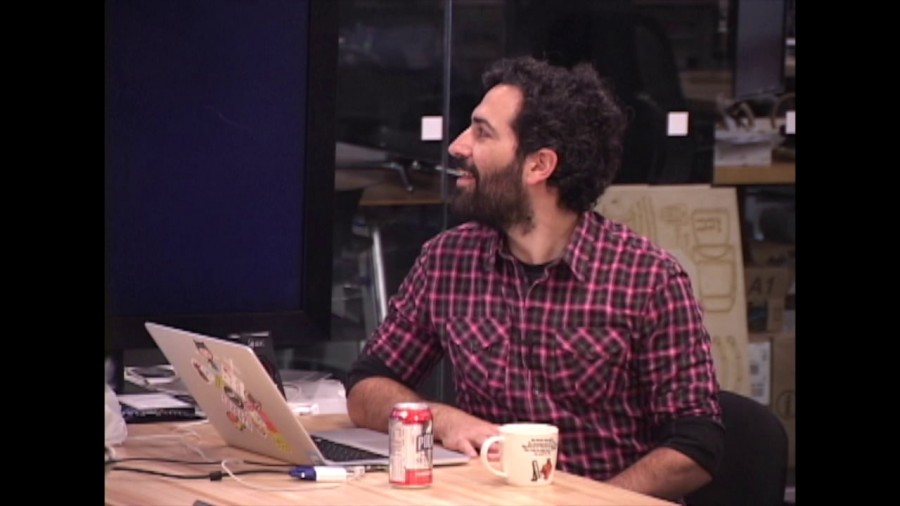We have to know what we want. We have to imagine how it looks. We have to understand how it feels, how it smells, how it functions, before we can design it. Before we can code it. Before we can implement it, and before we can sell it.
Archive (Page 5 of 6)
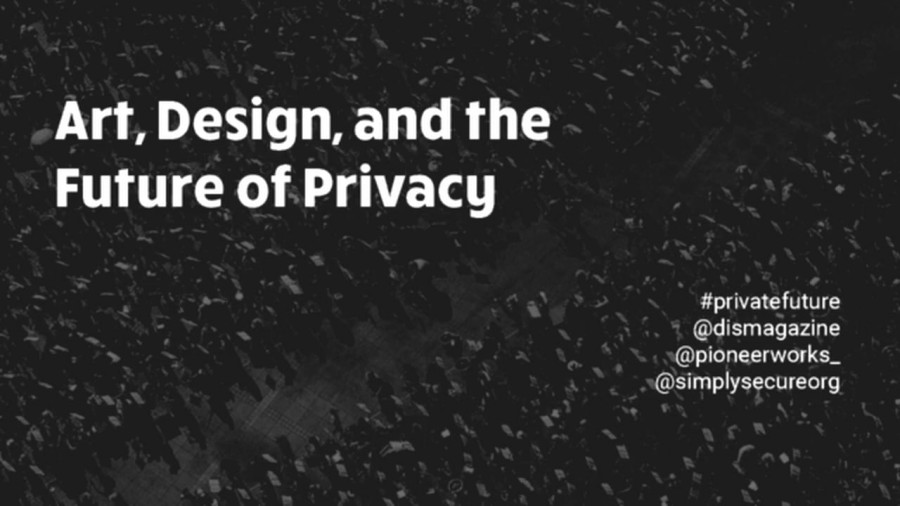
You don’t need a CS degree to know how [technologies] impact your life, so how do we start examining those impacts and then leading with an understanding of what we actually want to build, how we want to build it, and letting the imaginative capabilities of all of these people drive that.

The whole Library Freedom Project, everything that we do is very deeply inspired by Aaron’s spirit, his work in resistance, his legacy. And every day that we go into libraries and teach practical privacy trainings, I feel like Aaron is very much present in all that we do.
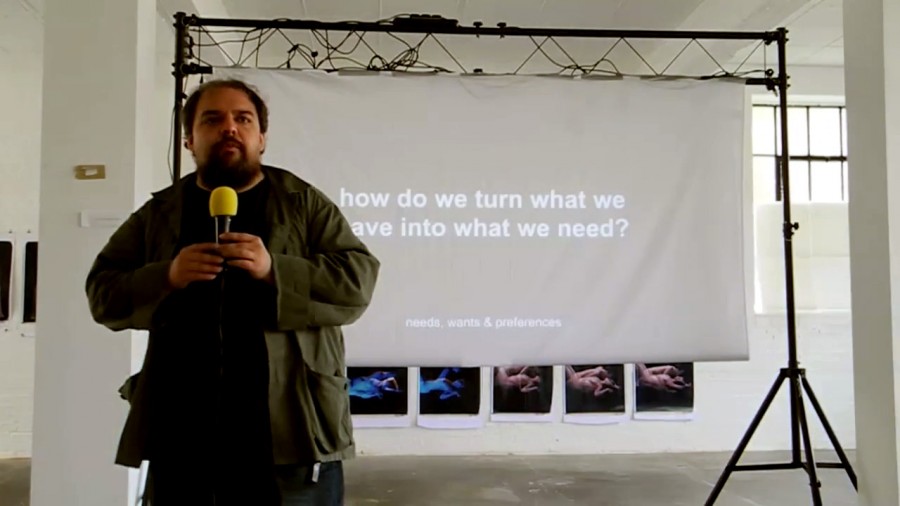
This is a completely new kind of design challenge. There’s no way that you can take the civilization we have and re-scale it for 1–10 kilograms of copper per human per lifetime. You have to think in a completely different way if you’re going to operate inside of this framework where you take the sustainable harvest of the Earth and you divide by nine billion.
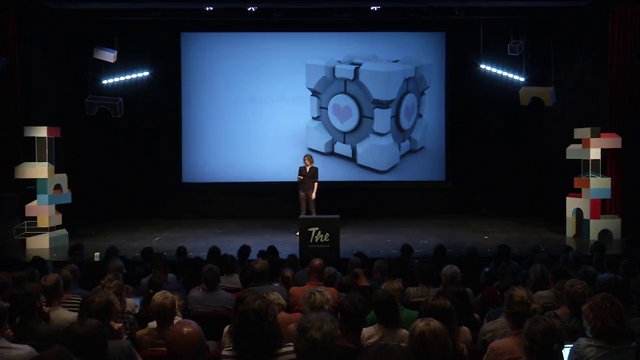
What’s really new about robots is that they’re going to be everywhere. And it’s also nothing new that we can emotionally relate to objects. People have always had the tendency to fall in love with cars and gadgets and stuffed animals. But the new thing about robots is what we’re seeing is this effect tends to be more intense.
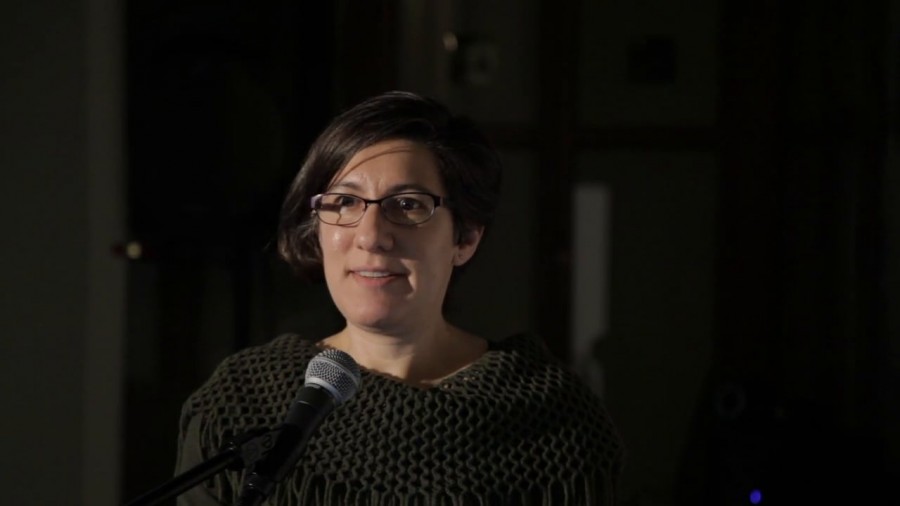
[L]ast week we went into several classrooms in the area and asked the kids “What does privacy mean to you?” What do you think about when you think about privacy? Draw us some pictures.
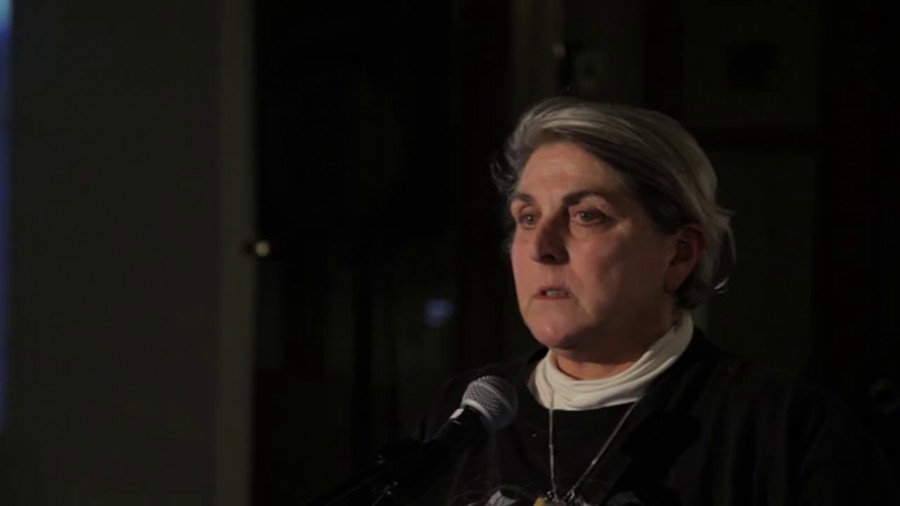
What I want to talk about is something that has plagued me and concerned me for a long time now, which I guess one technical term for it is “gradualism,” how much worse things have gotten very slowly. And I think it’s really true in the privacy/security area. It’s true in a lot of places that have to do with technology because normal people are a little intimidated by it and they don’t know enough to know what they should be watching out for.

